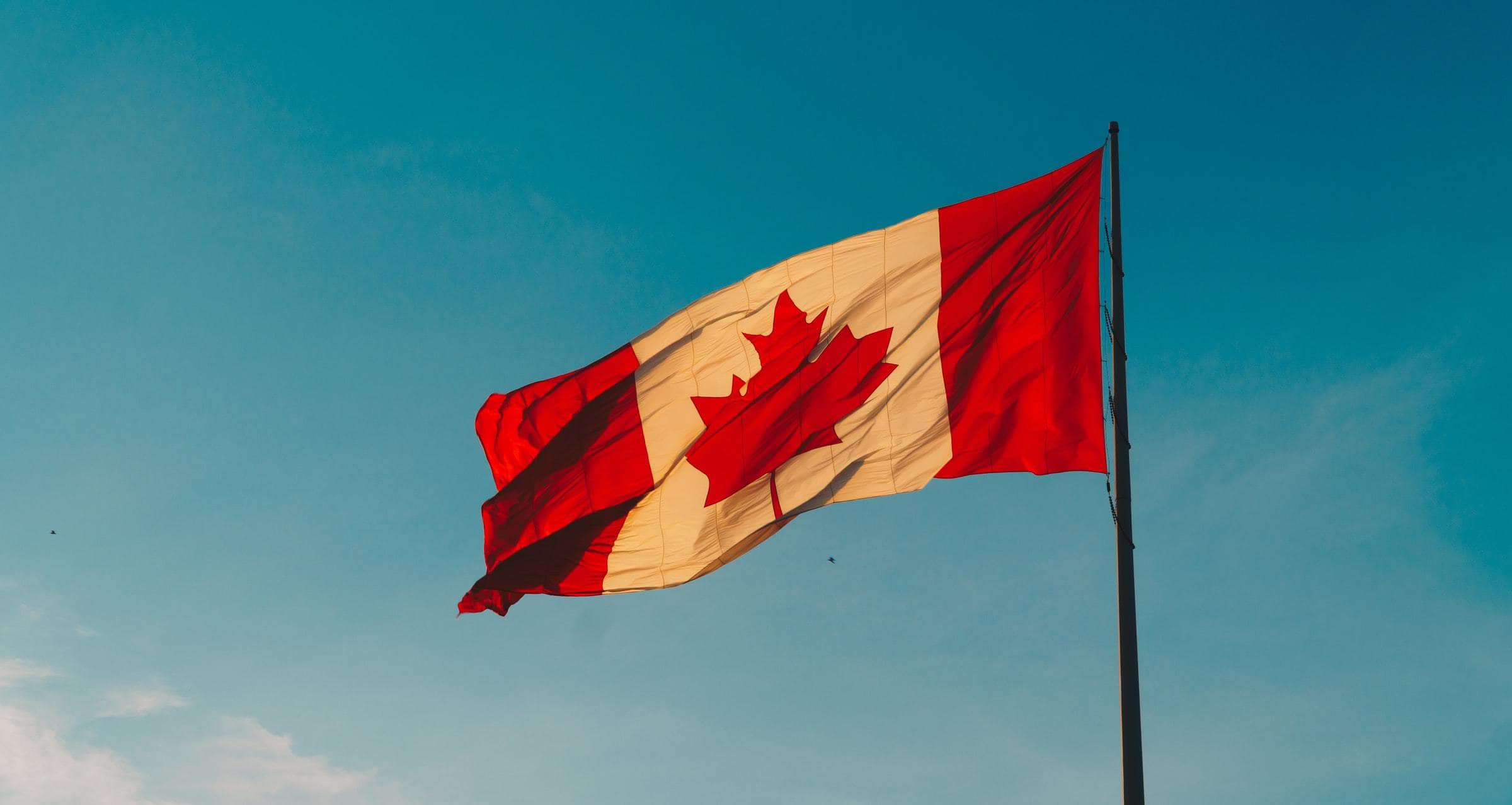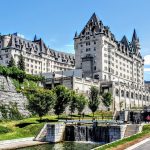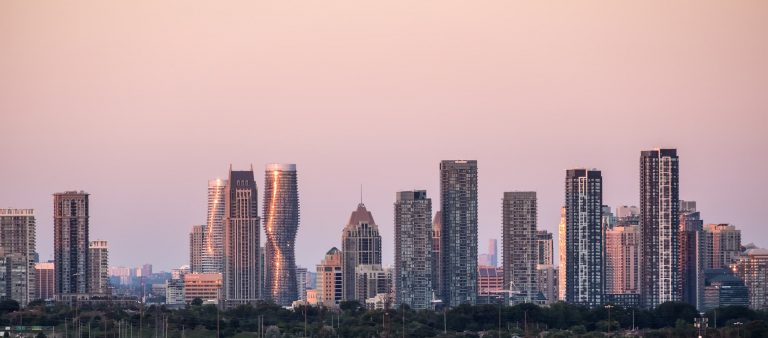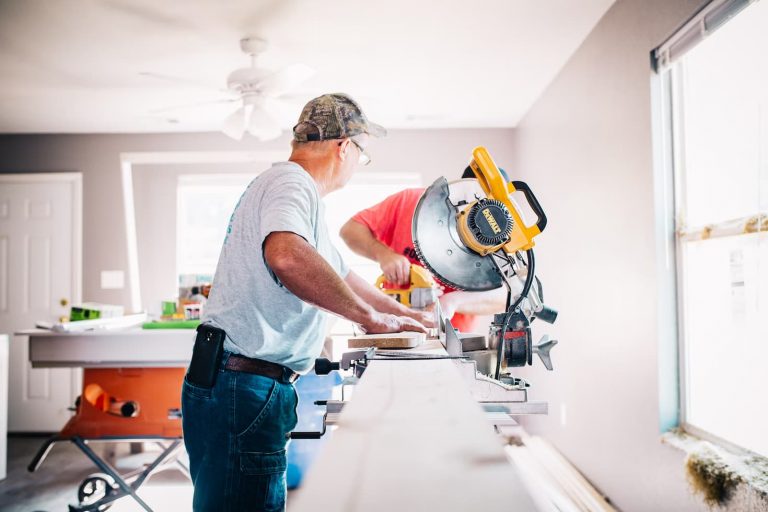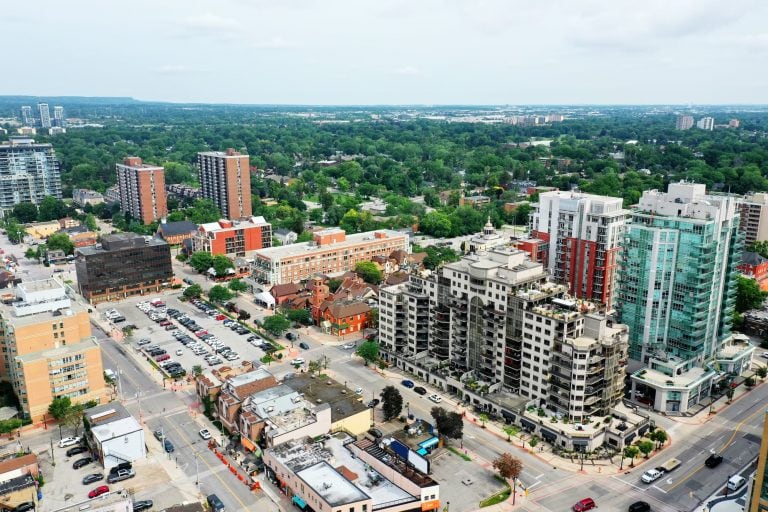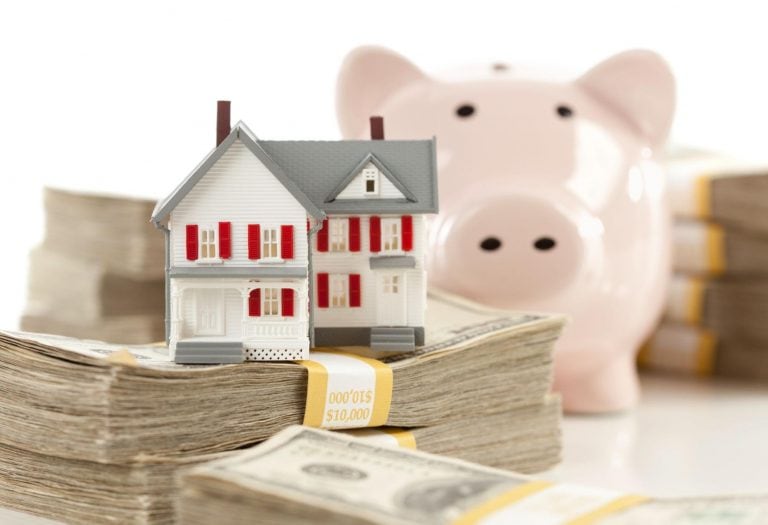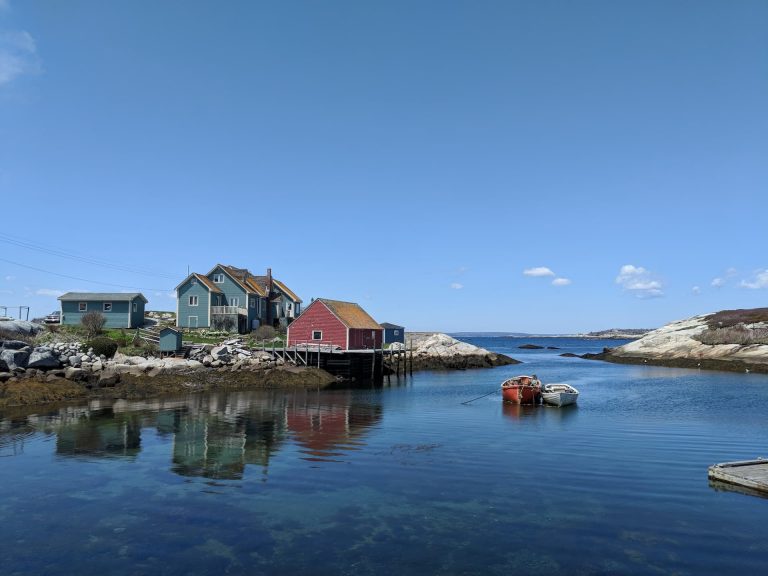For those in the northern portion of the U.S. or those with family in multiple countries, it could make sense to own property in both. Whether it is a vacation home, rental property, or second home, purchasing real estate in Canada as a non-Canadian citizen comes with a set of laws and regulations. It’s crucial to know your rights as a homeowner and a non-citizen.
One of the most important things to understand is whether or not owning property in Canada makes you a permanent resident. In short – no, it doesn’t. However, there are certain rights you still have as a foreign property owner. Keep reading, and we will discuss those rights, how you can become a permanent resident, what changes with your property when you become a permanent resident, and more!
Foreign Property Owner Rights
If you don’t have a work or study permit but own property in Canada, you’ll enter the country as a visitor to get to your Canadian property. It’s all pretty simple, but staying in a different country does come with certain limitations. Just because you own property in Canada doesn’t mean you automatically have the right to enter Canada.
We mean that if you have a criminal record or other reasons, you can’t enter Canada; owning property doesn’t give you the right to enter the country anyway. If you are a foreign property owner, you still have to abide by the laws set in place for foreigners entering the country. The most frequent issue American citizens face when entering Canada is criminal inadmissibility from DUI charges. You’ll need to apply for Criminal Rehabilitation or a Temporary Resident Permit if you need to overcome your inadmissibility.
Rules and Regulations of Owning Foreign Property in Canada
Even if you are cleared of any criminal charges, there are still limitations on how long you can stay in Canada at once. In most cases, visitors are allowed to remain in Canada for 6 months at a time. However, this is discussed with the border agency when you speak with them at border security.
Although you own property in Canada, if you are not complying with the rules set by Canada Border Services, you will be asked to leave. However, you are always welcome to apply for an extension of stay as long as you send the application before your expiry date. If the application is approved, you may legally stay in Canada for the length of your extension. If it is rejected, you must leave Canada on your scheduled date.
It is crucial that you pay close attention to your validity status in Canada if you want to continue visiting your property there. As long as you travel out of the country on time and stay within your legal visitation rights, you should have no issue going through the Canadian border in the future.
How To Get Permanent Residency in Canada
Let’s say you are tired of keeping up with visitor status and want to achieve permanent or dual residency in Canada. Even if you own something prestigious Toronto real estate, like the homes in Casa Loma, it doesn’t really give you an advantage when applying for permanent residence, but providing evidence of how you have responsibly travelled in and out of the country in the past could certainly help.
There are a number of different ways to achieve permanent resident status in Canada:
- Express Entry: Immigrate as a skilled worker to contribute to Canada’s economy.
- Family Sponsorship: If you have family in Canada, they can sponsor your permanent residency by applying for family sponsorship.
- Atlantic Immigration Program: If you were previously staying in Canada on a student visa, you can apply for residency through the Atlantic Immigration Program by graduating from a school in New Brunswick, Prince Edward Island, Nova Scotia, or Newfoundland and Labrador.
- Caregivers: Gain permanent residency by providing care for children, the elderly, or those with medical needs in Canada.
- Start-Up Visa: Start a business and create jobs for Canadian communities to immigrate with a start-up visa.
For other options and more information on each of these, you can visit the immigration page on the Government of Canada’s website.
What Changes Once You Have Canadian Residency?
The biggest difference between owning Canadian real estate and being a permanent Canadian resident is that you can stay in Canada for as long as you like with permanent residency. You’ll also have access to most social benefits and protections that Canadian citizens get. With permanent residency also comes all taxes and laws at the municipal, provincial, and federal levels. In fact, the tax laws for non-resident foreign land owners are high enough to consider other options!
However, permanent residency does not give non-Canadian-citizens permission to vote for or run for political office. There will still be some limitations on workplaces with high-security clearance.
In order to keep your permanent resident status, you have to have been in Canada for at least 730 days over the last 5 years, whether it be continuously or not.
Will Purchasing Real Estate Make Me a Canadian Resident?
In conclusion, simply owning real estate in Canada doesn’t make you a permanent resident. While you do have certain rights when being a foreign property owner, you don’t have all of them. The best way to stay informed about all processes involving foreign residences and permanent residency is to keep in touch with a knowledgeable lawyer. Do that and stay within your legal rights as a visitor, and you could be on your way to Canadian residency in no time!

